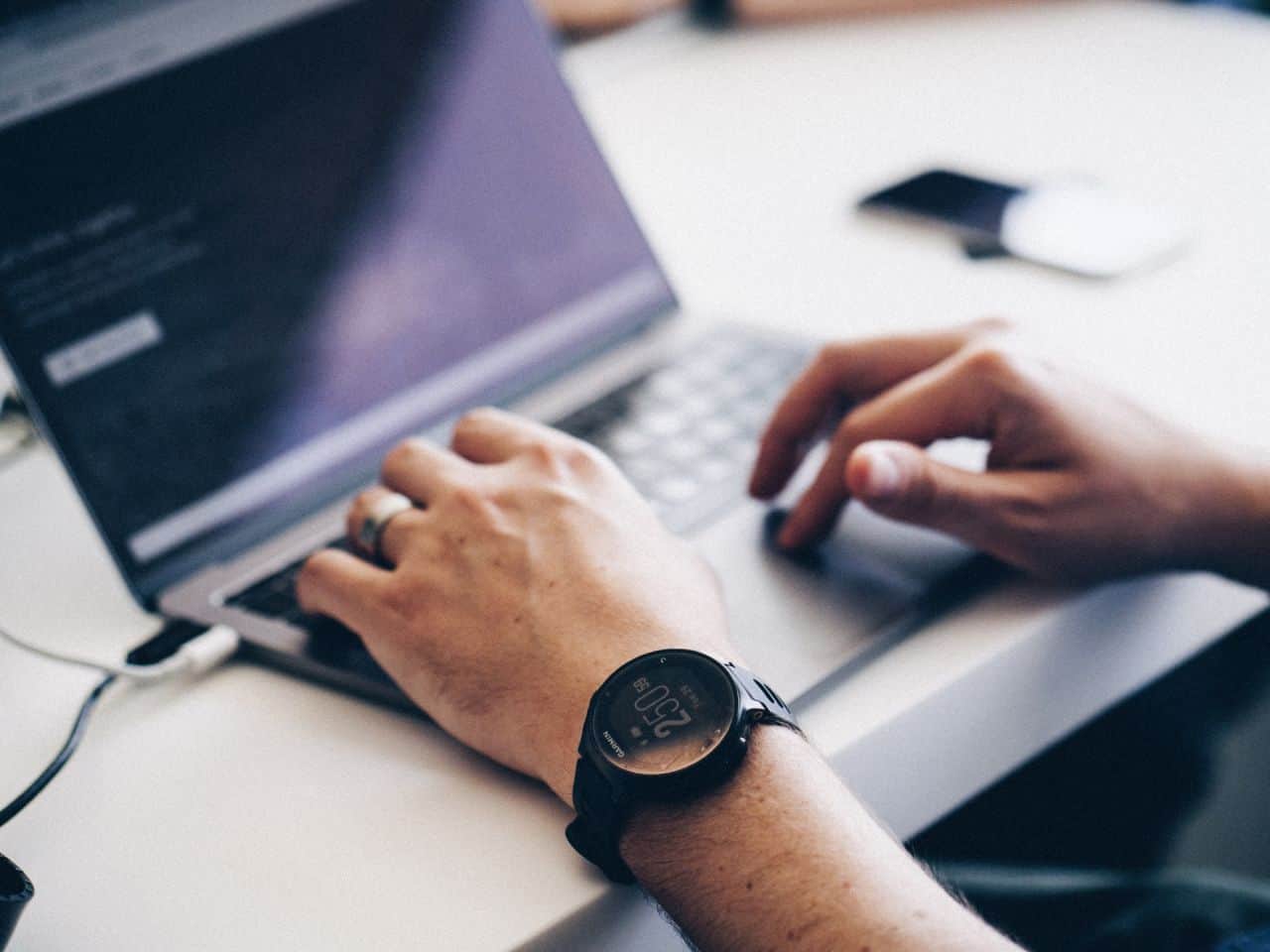You may think you have privacy online, but in reality, it is only a matter of time before your personal information becomes public. Hackers can use malware and other methods to access both your computer and mobile devices. This blog post will teach you how to prevent hackers from accessing your private information and protect yourself if they get into your system.
Use a TOR Browser
TOR, The Onion Router, conceals your IP address and encrypts your location information and ensures you do not lack in privacy. Thus, it becomes difficult for others to track what sites you visit or monitor what you do online. TOR hides the user’s identity because of its design – many users can be accessing TOR using random nodes across the world. Your connection is mixed in with those of other users, and it is encrypted as well, so there is no way for you to be tracked.
Cloak your IP address before you go online and prevent hackers and government agencies from tracking you down. You can use TOR with many devices that have internet access, such as notebooks, smartphones, and tablets. TOR is available for Windows, Mac OS X, Linux, Android, and iOS.
Use a Password Manager
A password manager is a software program that stores your passwords and other login information in an encrypted format to see to it you do not lack in privacy. This way, you only need to remember one master password to access all of your different passwords.
There are many different password managers on the market. They range in price from free to around $50 per year. Try a few out and see which one you like best – make sure it is a reputable program that encrypts your data.
If you are using the same password for multiple sites, it is only a matter of time before your account is compromised. A password manager will create unique passwords for each site, so even if one password is leaked, the rest of your accounts are still safe.
Use a VPN
A VPN, Virtual Private Network, creates a secure, encrypted connection between your computer and the VPN server. A fast VPN prevents hackers from intercepting your data or tracking your online activity. It also prevents your ISP or network administrator from seeing what you are doing.
VPNs are available for Windows, Mac OS X, Linux iOS, and Android devices. Depending on which features you need, these services can cost anywhere from $5 to $20 per month.
Delete Cookies and Browsing Data
Cookies and temporary files can contain your browsing history, giving away personal information such as credit card numbers or bank accounts. When you are done browsing the internet, be sure to delete these temporary files as part of your security solutions so hackers cannot access them.
When you clear your cache regularly, it also helps to prevent others from accessing your personal information. Some web browsers have a private browsing mode that does not save your cookies, history, or temporary files.
Be Cautious of Public Wi-Fi Networks
Public Wi-Fi networks are unsecured and can be easily accessed by hackers and this can make you lack in privacy. Never do financial transactions or send emails while using public Wi-Fi because your information could be stolen.
If you are on someone else’s wireless network, make sure it is password protected and encrypted before you begin surfing the net. Even if others cannot access your data, they can use tools to monitor which sites you visit and the information sent or received through your internet connection.
Encrypt Your Hard Drive
If you keep sensitive information on your computer, be sure to encrypt your hard drive. This will make it difficult for hackers to access your data if they can get into your computer.
Many different programs can encrypt your hard drive. There are also a few free encryption programs available.
Take Advantage of Two-Factor Authentication
Many sites offer two-factor authentication to let you securely access your account. Once you enable this feature, it requires your password and another verification form to log in to a report, usually via text message or an authentication app.
If an attacker does not have your phone or tablet, they will not access your account. This feature is available on many social networking sites, email providers, and online banking websites.
Browse in Incognito Mode
Whenever you are online, your web browser tracks what websites you visit and stores cookies on your computer. If you want to browse the internet privately, use Incognito Mode on your browser, so it does not store information or track which sites you visit. You can also install an extension to block most ads and tracking on the internet.
Use HTTPS Everywhere
HTTPS is a secure version of HTTP, which encrypts communication between your web browser and the website you are visiting. This means that if someone manages to intercept what you send through your ISP, they will not be able to read it because it’s encrypted.
HTTPS can also help prevent eavesdropping and man-in-the-middle attacks. You can install the HTTPS Everywhere extension for your web browser to automatically use HTTPS when available.
There are many different ways to keep your data safe from hackers. Using a combination of these methods makes it difficult for criminals to get their hands on your personal information. Stay vigilant and be sure to update your security measures as new threats arise.

